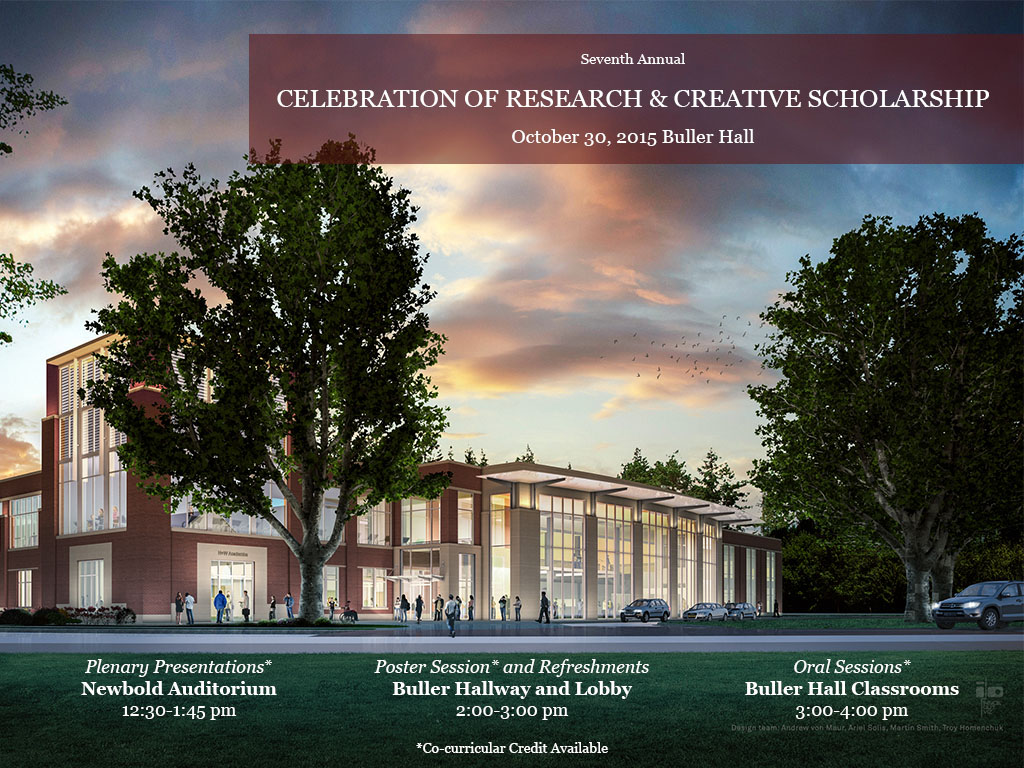P-37 When we grade proofs, do our students understand what we’re saying?
Presenter Status
Professor of Mathematics, Department of Mathematics
Second Presenter Status
Department of Mathematics
Third Presenter Status
Department of Mathematics
Fourth Presenter Status
School of Education
Preferred Session
Poster Session
Start Date
30-10-2015 2:00 PM
End Date
30-10-2015 3:00 PM
Presentation Abstract
The ability to write clear, correct proofs is a central goal of the curriculum for undergraduate mathematics majors. In an earlier study Moore (under review) investigated the proof-grading practices of four mathematics professors and showed that these professors devote much time and effort to reading students’ written proofs and marking the papers with corrections and suggestions for improvement. To learn how students interpret and make use of such feedback, we interviewed eight advanced mathematics undergraduates and asked them to respond to professor comments on three or four written proofs. The participants were asked to interpret and justify each comment and then write a revised version of each proof. Using the theoretical frameworks of communities of practice and legitimate peripheral participation, we analyzed the interviews and written data, compared the students’ interpretations of the comments to expert consensus, and identified patterns and commonalities in their responses and actions. A noteworthy finding was that even though students were able to identify and correctly implement the professor’s recommended changes, they sometimes misinterpreted the professor’s intentions.
P-37 When we grade proofs, do our students understand what we’re saying?
The ability to write clear, correct proofs is a central goal of the curriculum for undergraduate mathematics majors. In an earlier study Moore (under review) investigated the proof-grading practices of four mathematics professors and showed that these professors devote much time and effort to reading students’ written proofs and marking the papers with corrections and suggestions for improvement. To learn how students interpret and make use of such feedback, we interviewed eight advanced mathematics undergraduates and asked them to respond to professor comments on three or four written proofs. The participants were asked to interpret and justify each comment and then write a revised version of each proof. Using the theoretical frameworks of communities of practice and legitimate peripheral participation, we analyzed the interviews and written data, compared the students’ interpretations of the comments to expert consensus, and identified patterns and commonalities in their responses and actions. A noteworthy finding was that even though students were able to identify and correctly implement the professor’s recommended changes, they sometimes misinterpreted the professor’s intentions.



